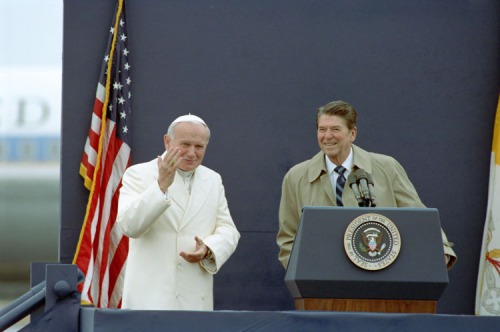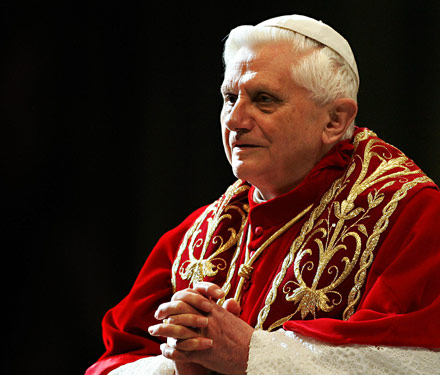
John Paul II proclaimed, “Be not afraid.” Ronald Reagan spoke of “a city on a hill.” Both teamed up to stare down communism, backing strong words with resoluteness.
Having had the good fortune of studying in Rome as an undergrad, I recall with sweet fondness standing in the shadow of Bernini’s great colonnade many a time to see Pope John Paul II bless the crowds from his window overlooking St. Peter’s square. Now, I wait with eagerness along with billions of Catholics and other interested observers worldwide to see the white smoke emerge and a new pope step out to greet the world. As we wait, I have been reflecting on events from recent papacies that speak to leading organizations of all sizes.
The Unexpected
When the former Angelo Roncalli became Pope John 23rd at the age of 77 in 1958, few expected the portly unknown cardinal to be anything more than a “caretaker,” keeping the papal seat warm for a few years and not doing much else. No one foresaw the seismic shift he was soon to usher in with the simple but dramatic calling of the conference (known as Vatican II) which more than any other single event brought the Church into the modern age.
- Lesson: Sometimes one simple but profound, singular leadership decision can change everything – shaping and re-setting all prior agendas.
Bestriding the World Stage
If no one anticipated John 23rd’s actions as pope, even fewer predicted Karol Wojtyla’s election as the first non-Italian pope in more than 450 years. From the very first moment of his introduction in 1978, though, the then 58-year old Continue reading












